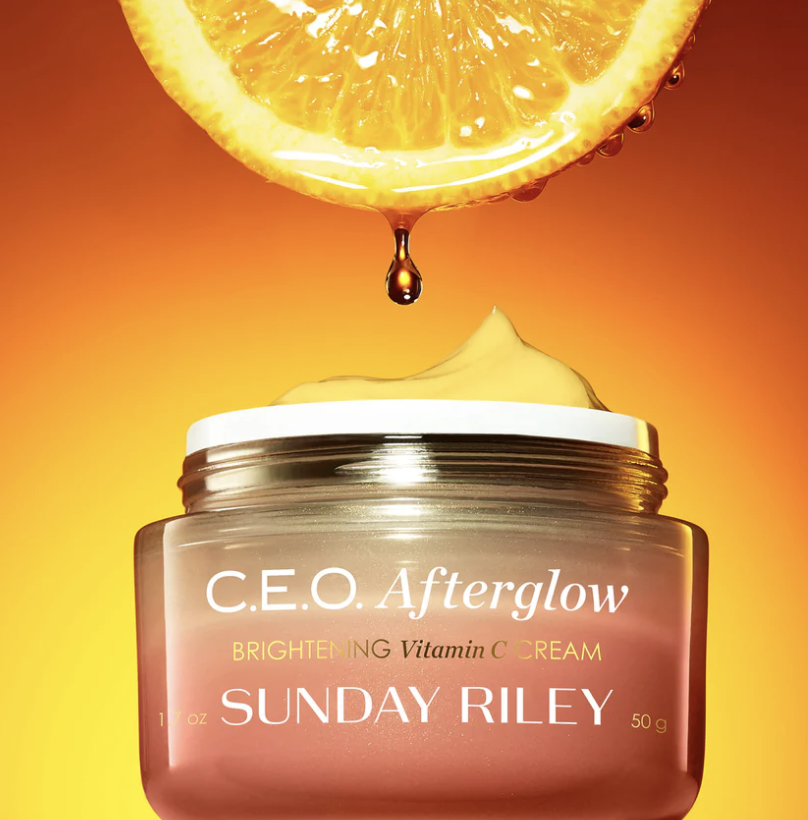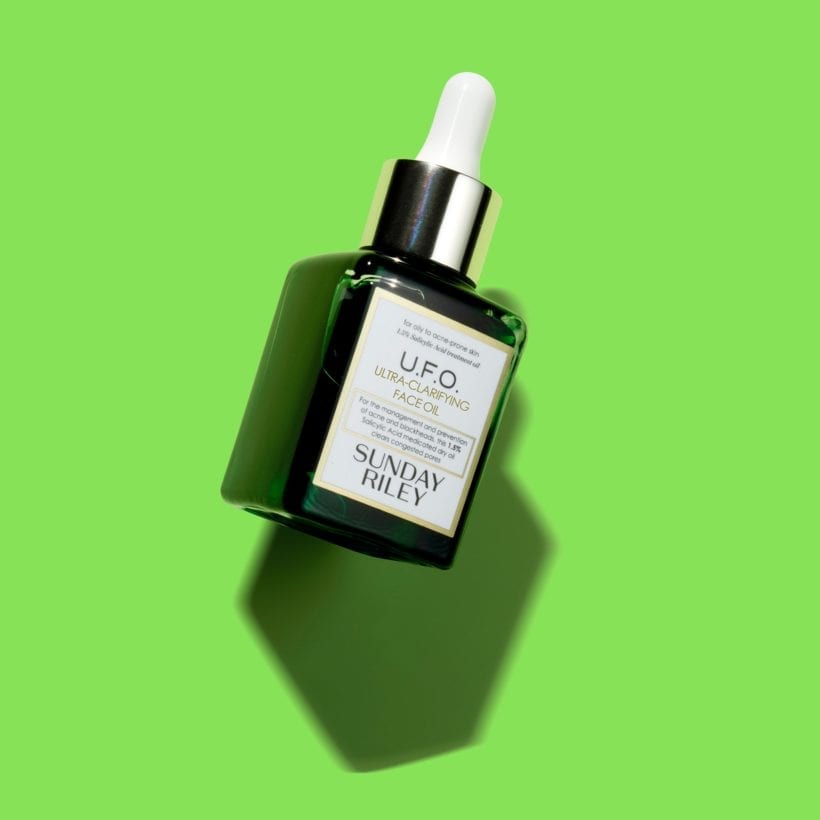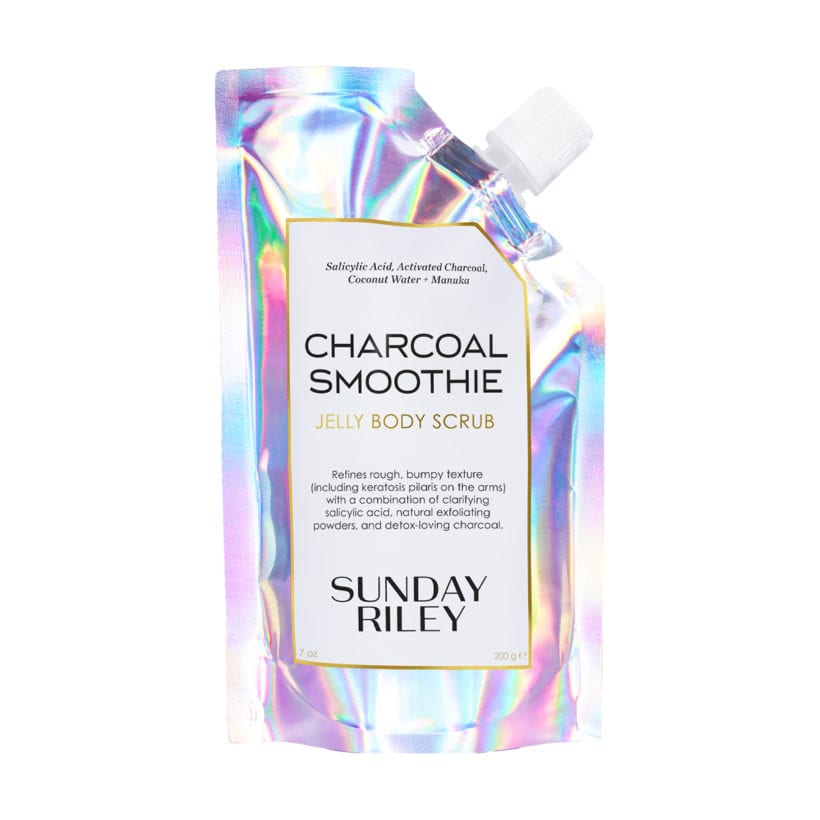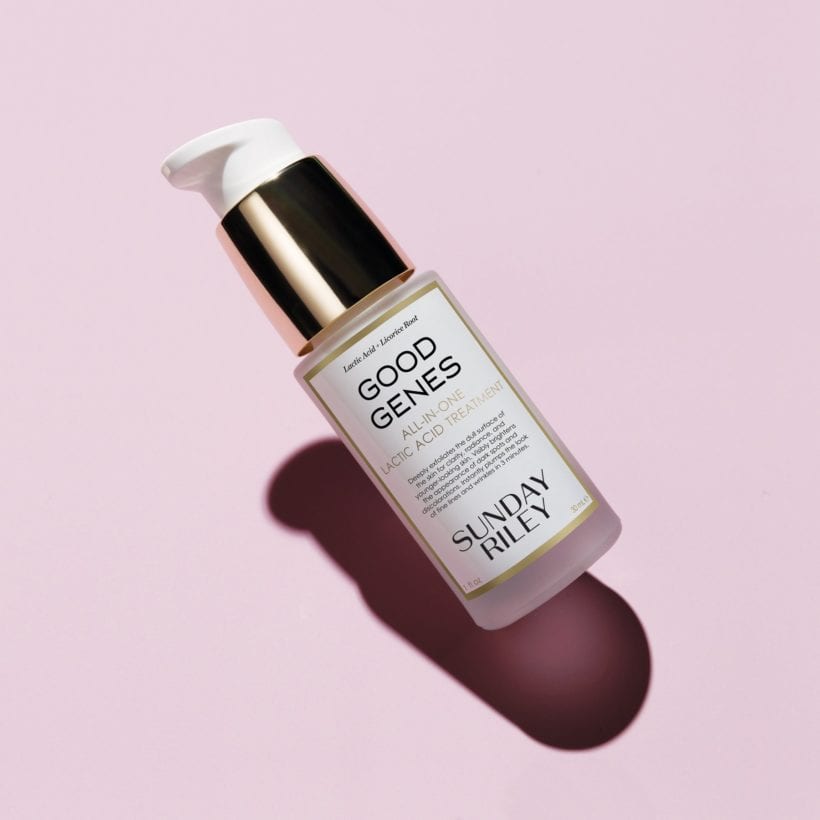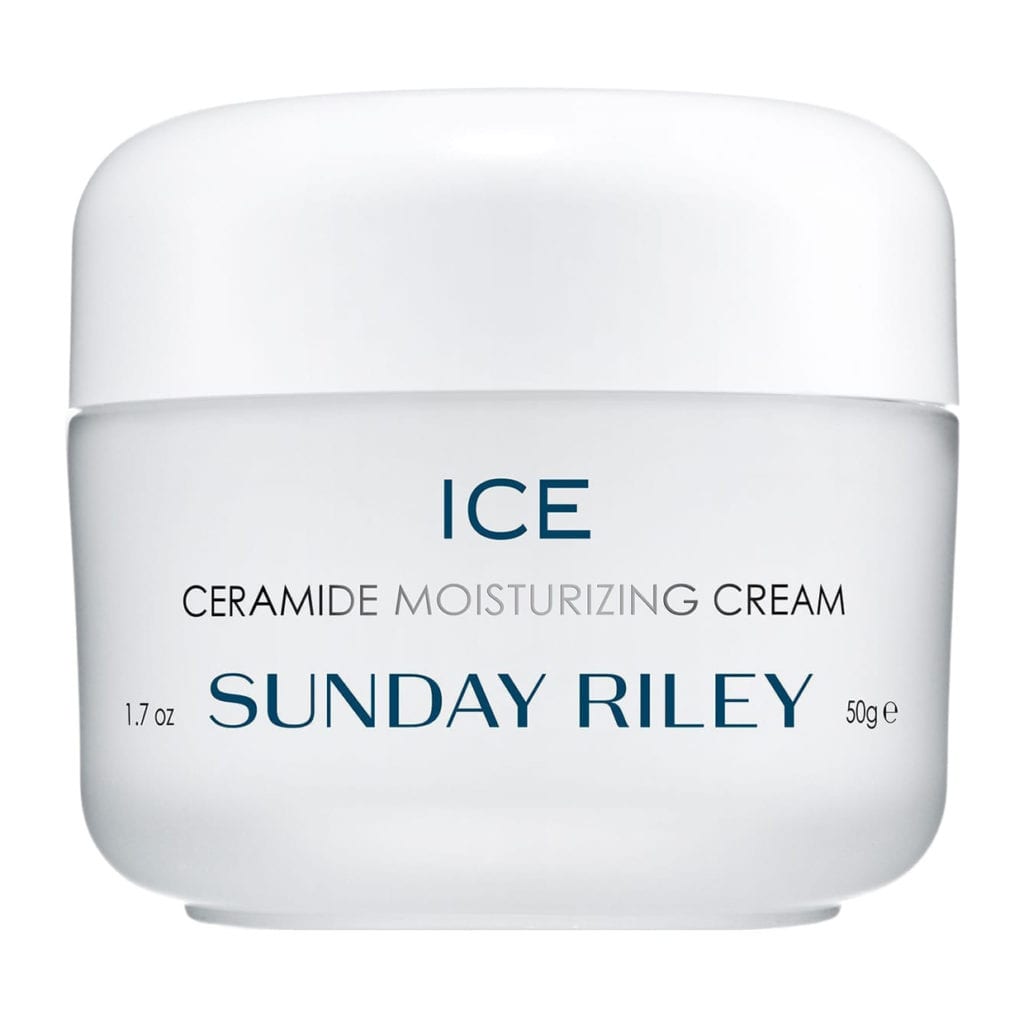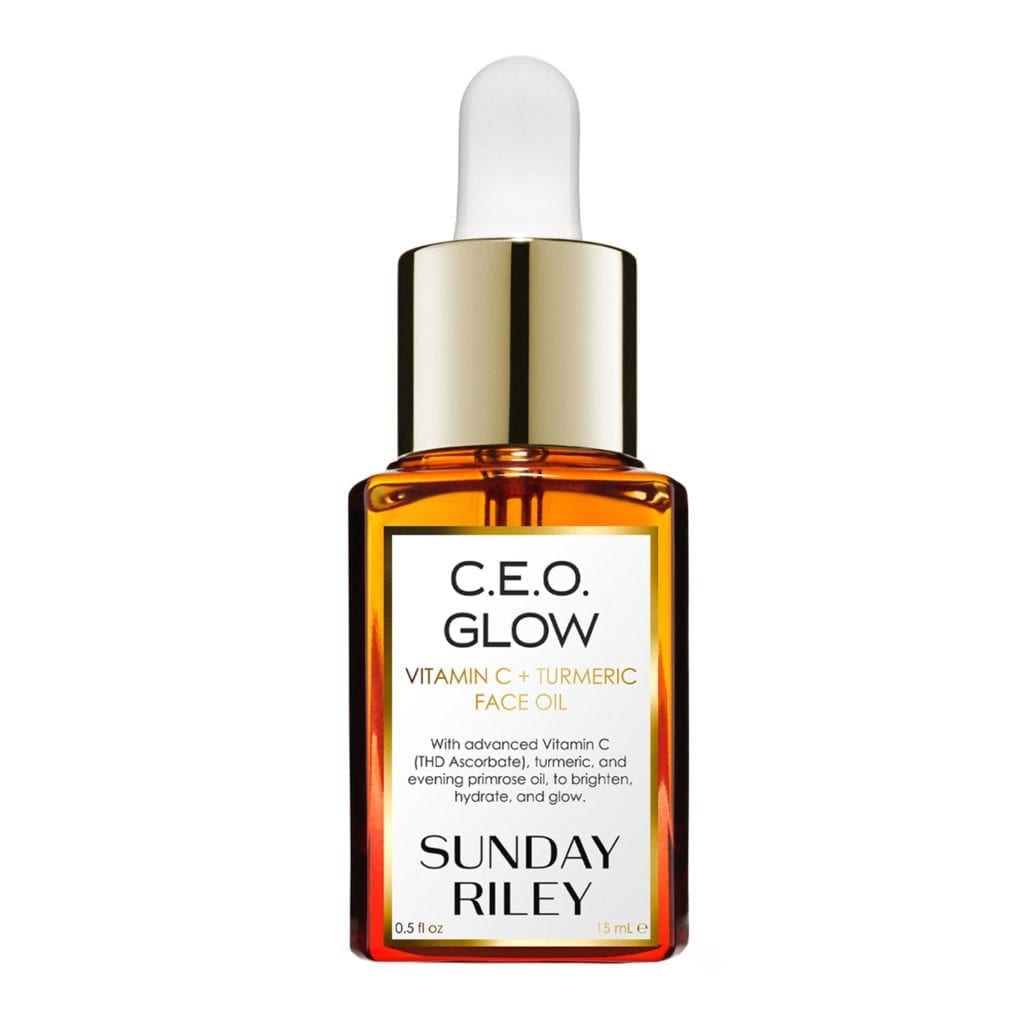Winter is the one season I dread every year. Call me the Grinch, but even with all the pretty twinkly lights and aromatic hot chocolate, I still can’t stand the winter cold — it puts me in a bad mood and wreaks havoc on my skin every year, too.
I suffer from dry, acne- and eczema-prone skin throughout the year, but I find it only gets worse once winter rolls around. My eczema will spread from my hands to my face and even my scalp, while my acne travels from my chin down to my back. “The winter weather, with a cold wind, cold temperatures, icy conditions, and low humidity, makes our skin ‘dry out,’” explains Michele Green, M.D., a board-certified dermatologist in New York. “Indoor heating, which is also very drying, aggravates this condition — basically, the skin gets drier and increases the incidence of eczema and psoriasis.” While it is sometimes tough to keep skin happy during the colder months, it is possible if you’re smart about it and change up your skincare wardrobe.
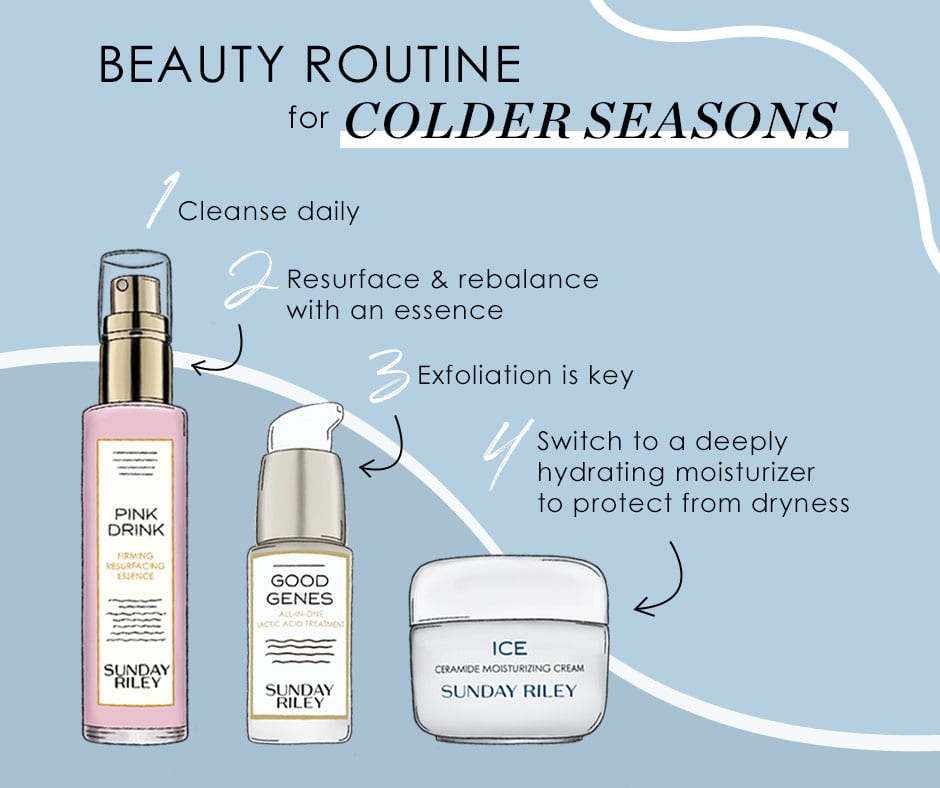
If you suffer from acne
There are multiple reasons why you might be getting more acne during the winter months than you might usually get during the other three seasons. If you’re getting more acne during the colder months, it could be that your skin is drier and with it, the skin’s natural moisture barrier is dehydrated, too. “Because of the damage to the skin, bacteria are more likely to enter the skin and cause acne breakouts,” explains Green. “Due to the dryness in your skin from the winter weather, your sebaceous glands are trying to produce more oils, which clogs your pores and creates more acne. You may have increased acne due to genetic or hormonally related reasons as well.”
Green suggests using topical products that are gentle and not irritating or drying — products like Retin-A or benzoyl peroxide-based gels are a no go because of their excessive drying effects. “It is best to use lotion-based antibiotics and moisturizers and products which contain humectants, which attract water and moisturize the skin, helping to maintain the skin’s natural barrier,” says Green. “Other examples of humectants are glycerin, hyaluronic acid, allantoin, and sodium PCA.”
Perfect for acne-prone skin, Sunday Riley’s C.E.O. Afterglow Brightening Vitamin C Gel Cream contains hyaluronic acid for a lightweight moisturizer that won’t clog pores. If you’re prone to oilier skin during the winter months, consider using the Sunday Riley U.F.O. Ultra-Clarifying Acne Treatment Face Oil, which features a hefty blend of nourishing oils, including milk thistle seed oil, black cumin seed oil, and flaxseed oil, as well as 1.5 percent salicylic acid to help decongest pores.
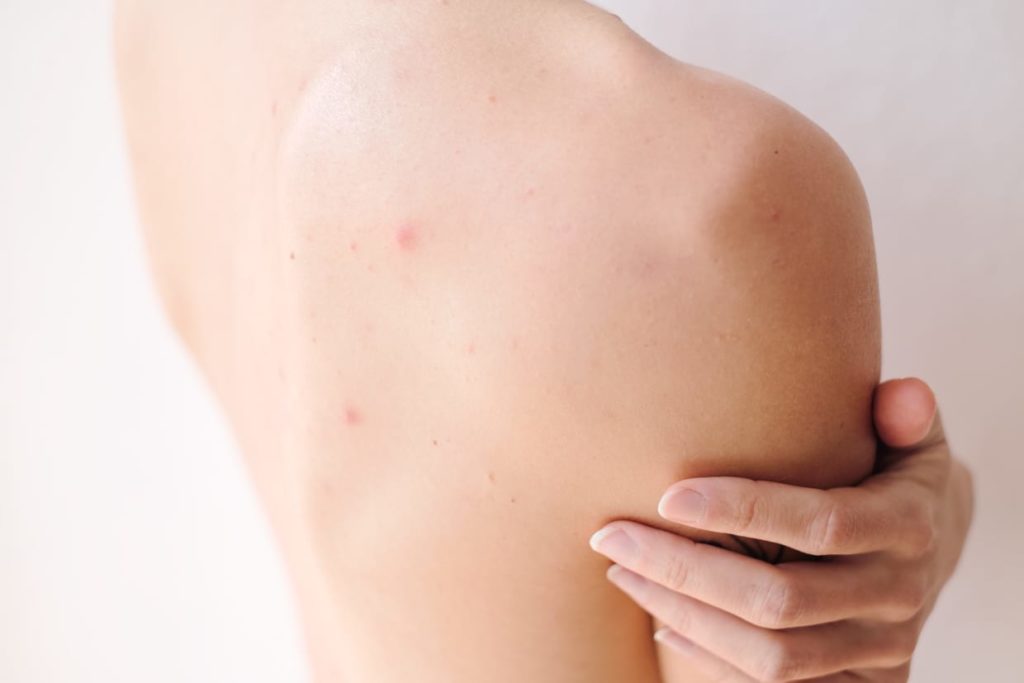
In terms of bacne, which is a significant issue during the winter months, Green recommends using products that are exfoliating humectants, such as glycolic or lactic acid. “More than half of the acne I see in my practice is on the back — bacne is as much a real problem as facial acne for many of my patients and if not treated properly, causes terrible acne scars,” she says. “Taking long, hot showers makes your skin worse since it will also cause the skin’s natural barrier to breakdown and increase your acne, especially on your back.”
If bacne is an issue for you once winter hits, consider adding Charcoal Smoothie, Good Genes Lactic Acid or Good Genes Glycolic Acid to your daily routine for smoother, blemish-free skin back there. Also, try to wear light exercise shirts under sweaters to wick moisture away from the skin — occlusion is a big cause of back acne.
If you suffer from dryness
Dealing with dry skin during frigid winter months is par for the course, but there are ways to treat and further avoid a dry, dull complexion with the proper skincare products and regimen. During winter, “I switch my patients to creams and lotions instead of light serums,” explains Diane Madfes, M.D., F.A.A.D., a board-certified dermatologist and Assistant Professor of Dermatology Mount Sinai School of Medicine in New York City. “Retinols are now used every other night, and facial masks are recommended once a week for extra hydration.”
For those with dry skin, cleansing balms can be a savior during the winter months, as they do an excellent job of wiping away impurities and makeup, while still leaving the skin hydrated and soft. Sunday Riley’s Blue Moon Clean Rinse Cleansing Balm features moringa butter, cocoa butter, blue tansy and German chamomile to help clean the skin thoroughly without stripping your skin barrier.
When swapping out lighter skincare products for heavier ones during this season, Madfes suggests looking for ingredients like shea butter, hyaluronic acid, glycine, and ceramides, which are key ingredients in combating dryness and inflammation. Sunday Riley’s Ice Ceramide Moisturizing Cream couldn’t be more perfect for those with dry skin, considering it has ceramides, shea butter, and sodium hyaluronate packed into a super hydrating, luxe cream.
If your skin tends to get super dry during the winter, you might have sensitive skin, in which case you’ll need to change up more than just your skincare routine. “Don’t take showers that are too long or hot, and apply moisturizer immediately after the shower,” suggests Green. “Some of my patients do best with baths instead of showers, and I recommend using a soothing oatmeal bath treatment for extra moisturizing (in a blender, grind one cup of rolled oats, then add the mixture to a warm bath). Also, avoid antibacterial soaps or astringents if your skin is already dry as well.”
You should also consider changing up your diet and adding a humidifier into your bedroom and/or office space during the winter months if you’re someone who suffers from dry skin. “I recommend modifying one’s diet and increasing supplementation of fish oils and fatty acids,” says Madfes. “Also, hydration is important, which you can get in a cup of anti-inflammatory green tea.”
If you suffer from eczema
Take it from someone who has been dealing with itchy, inflamed skin for far too long — eczema is not fun. If you’ve been diagnosed by your dermatologist with eczema, you’ll probably find that it flares up the most during the cold, drier months of the year. “The cold and dryness can trigger underlying skin conditions such as eczema, rosacea, seborrhea, psoriasis,” says Madfes. “It’s especially important to continue your medical skincare regimen even if your underlying skin issue is not active.”
For those with eczema, it’s advised to use serums with hyaluronic acid, and if you choose to use an exfoliant, make sure it’s a hydrating, gentle one… For her patients, Madfes suggests looking for skincare formulations with vitamin E, hemp oil (containing omega 3,6) and ceramides, which can act as a barrier against the harsh elements. Also, try to avoid products with strong fragrances and fragrant essential oils if you can.
If you suffer from redness
Excessive redness is another skin concern that many face during the winter months. “Overnight masks will add extra hydration to the skin — antioxidants like vitamin C, resveratrol, and turmeric will also keep redness at bay,” says Madfes. “Niacinamide is a vitamin B 3 derivative which decreases redness and inflammation.”
If you are trying out a new anti-aging product in the colder months, Madfes recommends testing it somewhere other than your face, such as your neck or arm. “Many of the anti-aging products contain multiple acids and urea, which can contribute to irritation,” she says. “A product you can tolerate in the spring and summer may be too harsh for the cooler months.”
If you’re looking to treat yourself a bit over the holiday season, Green recommends Hydrofacials to her patients, since it can treat multiple skin concerns at once. “Hydrofacials are a great way to reduce facial acne thanks to their unique vortex technology — plus, they can moisturize the skin at the same time,” says Green. “With their special boosters to combat redness, Hydrofacials are the ideal treatment during both the summer and winter months. The technology is equipped with both red and blue lights to treat acne, redness, and wrinkles, too.”
We only recommend products we have independently researched, tested, and loved. If you purchase a product found through our links, Sunday Edit may earn an affiliate commission.

